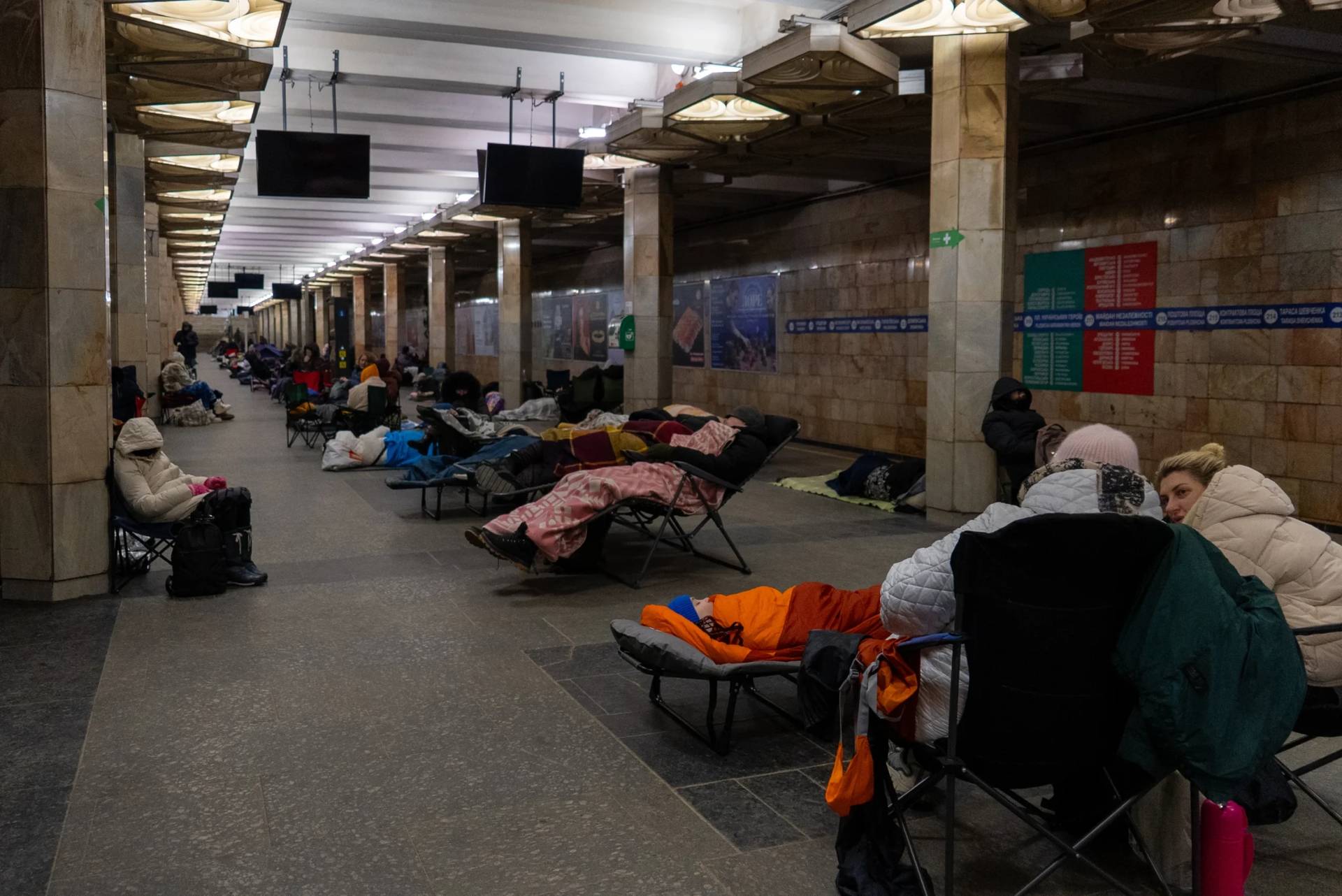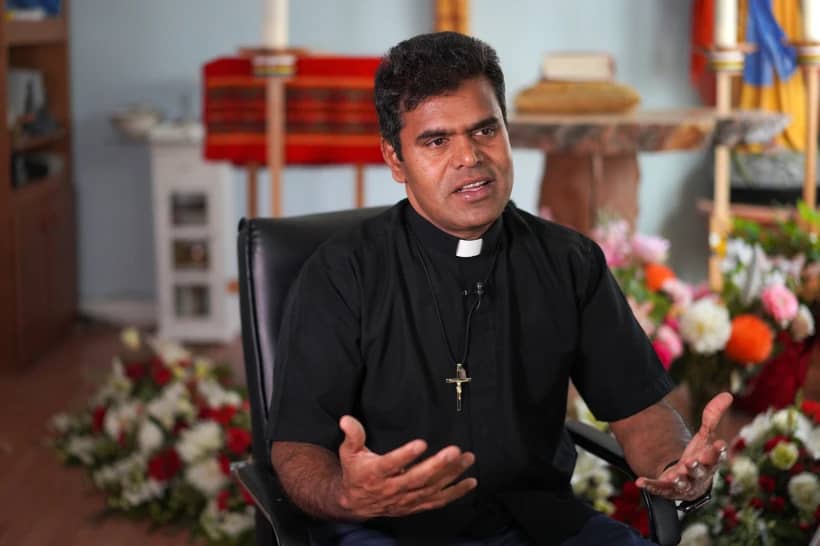HARRISBURG, Pennsylvania — It took 50 years, until the release of a landmark investigative report, for sisters Mary Robb Jackson and Cynthia Carr Gardner to realize that the parish priest in the Pittsburgh-area suburb where they lived as children had molested both of them, a couple of years apart.
The sisters’ discovery — during a long-distance telephone conversation between Massachusetts and Pennsylvania — added theirs to the cases of siblings cited throughout the state grand jury report on the sexual abuse of children by clergy within six Catholic dioceses in Pennsylvania.
The nearly 900-page report, released Aug. 14 after a two-year investigation, cited at least two dozen sets of siblings victimized by clergy among the scores of abuse cases it documented going back to the 1940s. Two of the cases involved five siblings.
Clergy members often won the trust of parents before going on to molest siblings, sometimes in a home while parents were present, sometimes on trips with the children, the report said. The priests then parlayed that trust into leverage against children, who were afraid to say no to an authority figure trusted by their parents.
The predator priests often warned their victims to keep quiet. That and shame often kept victims quiet and unaware of their siblings’ trauma for years; some spoke up more quickly.
Jackson did eventually complain to her mother, a devout Catholic, about Father Lawrence O’Connell’s abuse, which consisted of groping and kissing while she performed office tasks in the St. Gabriel parish house practically next door as part of an after-school job. Her mother promptly ended the after-school job, Jackson said.
Jackson went off to college, and the girls’ mother died suddenly. O’Connell soon invited Gardner — who was 11 or 12 at the time and lived with their father — to spend her afternoons doing office tasks in the parish house, and went on to molest her, Gardner said.
Jackson, away at college, never knew that O’Connell had invited Gardner in, she said. Neither Jackson nor her mother had said anything to the other family members about O’Connell, and neither Gardner nor her father had any reason to refuse a job offer from a man who had bestowed gifts on the girls, including trips to the Ice Capades and the circus.
“Was it calculated? I don’t understand that kind of mindset. But, if it was, that’s just pure evil,” Gardner, now 63, said. “That’s pure evil calculation if you take advantage of a family who’s had a horrific life event and you prey on the younger version of the sibling.”
O’Connell died in 1986.
Child sex abuse cases in which the victims are siblings are more common when the predator is part of an organized religion, said Ben Andreozzi, a lawyer who has represented victims of Catholic clergy and of Jerry Sandusky, the former Penn State assistant football coach now serving a long prison sentence.
“Parents will at times unknowingly legitimize the perpetrator to the children,” Andreozzi said. “In other words, the parents will bring them into the home, they’ll break bread with the religious figure and hold that religious figure out to the children as someone they can trust. And that religious figure will use that as an opportunity to access the children.”
In one case documented in the report, five siblings — brothers and sisters — were allegedly victimized in the 1970s by a seminarian, and three of them by a priest at St. Brigid in Meadville in northwestern Pennsylvania.
“The survivors reported that they were poor, dysfunctional, and dependent upon the diocese for their mother’s employment at St. Brigid parish,” the grand jury report said. “Furthermore, the parents were befriended by the abusers and the family would often invite them over to engage in drinking parties.”
Once the parents were drunk and distracted, the abusers would molest or rape the children in the home, and threaten them against telling their parents, the report said.
In another case, two brothers testified that a priest at Mother of Sorrows school in Murrysville in western Pennsylvania molested them in the early 1980s in their bedrooms while praying before going to bed and on trips the family invited the priest to join.
The parents discovered what was going on when one of the boys screamed at the priest, but the boys had otherwise been afraid to say anything because their parents liked the priest so much, the report said.
The report cites other accusers who are now adults — including one woman in a 2004 lawsuit — saying they had performed sex acts on O’Connell as girls.
Gardner, who lives in Massachusetts, called her sister in suburban Pittsburgh when she realized O’Connell was in the report. In that conversation, they discovered they’d both been abused by O’Connell, although Gardner thought she had mentioned it years earlier.
“She told me she had been haunted by it when we finally had the conversation about it,” said Jackson, now 70.
At the parish house, Gardner tried to ward off O’Connell’s groping hands and reject his invitations to go somewhere private. She walked out for good after he forced a kiss on her, she said.
The Associated Press does not name victims of sexual abuse without their consent. Gardner decided to speak publicly to add her voice to the others victimized by O’Connell, she said.
Jackson — who had quietly reported her own story to the Pittsburgh Diocese after hearing of the 2004 lawsuit — decided to speak publicly now out of anger that O’Connell had targeted her younger sister.
“That’s what made me so sad and so angry,” Jackson said. “I never knew.”












